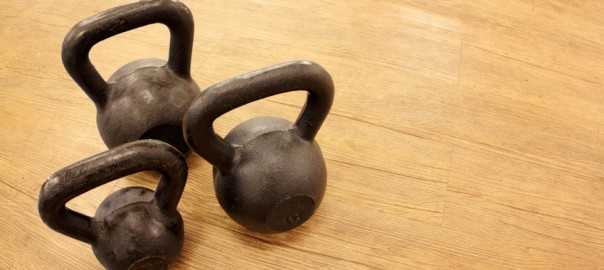Physiotherapy is touted as being “evidence-based”. This means that a large component that influences how we as Oakville Physio’s practice is influenced by emerging studies.
One of the advantages of a tool like the internet is one has almost limitless access to information. The disadvantage is that one has almost limitless access to information. That’s not a typo. When there is so much out there it is nearly impossible to filter the good from the bad. The field of exercise and wellness is no exception. Good scientific literature is published daily on the subject of exercise, yet we seem no closer to finding what exercise is ideal, how much to do, and how often.
This blog won’t answer that question.
What I am going to attempt to do is present a summary of a recent article published out of my Alma Mater (McMaster University) that has gained significant traction in the mainstream press. Morton RW, Oikawa SY, Wavell CG, Mazara N, McGlory C, Quadrilatero J et al. Neither load nor systemic hormones determine resistance training-mediated hypertrophy or strength gains in resistance trained young men. Journal of Applied Physiology. 2016;121:129-138
In this paper, the authors sought to determine if the number of repetitions of an exercise has any impact on strength gains, among other variables. The participants were university aged males who had been strength training for at least 2 years. They were randomized to one of two groups:
- The High Rep (HR) group, which did 3 sets of each exercise for 20-25 reps, and the
- Low Rep (LR) group which did 8-12 reps per set.
The exercises included gym staples like leg extensions, bench press, and planks. The key factor is all participants worked until failure, or the feeling when they could not physically complete another repetition. Throughout the study, the authors monitored the participants’ diet, and took regular muscle biopsies and blood samples to assess their muscle adaptation and hormonal response to the exercise program. (As an undergrad I participated in a study where I rode a bike and drank chocolate milk all day. I’d argue that is a far better way to spend a day than getting chunks of my quadriceps cut out for science, but to each their own).

At the end of the twelve week program (previous studies demonstrate it takes at least this long to experience an increase in muscle mass), the researchers observed some interesting things. Mainly, there did not seem to be a tremendous difference between groups when it came to adding muscle and increasing strength. Both the HR and LR groups improved on all their lifts and added muscle. The only difference being on bench press which improved to a significantly greater degree in the low rep group. This is despite the HR group lifting a significantly greater amount total over the course of the program.
So what? What can we reasonably conclude from this paper? The study has its weaknesses just like any other. The duration of the study was relatively short, it required the use of personal trainers throughout which limits the feasibility, and the sample size can always be larger. As such, it is important to not overreach when it comes to making conclusions (a bad habit of popular media). The researchers concluded that in university aged, previously active males, the number of repetitions of an exercise does not appear to matter over a 12 week period as long as one works to failure. This certainly isn’t a sexy conclusion, but this is the nature of science: incremental gains working towards, but possibly not reaching, an absolute truth.
What we can learn from this is the importance of failure in a strength training program. Obsessing over the number of reps seems less important than ensuring we reach failure during our sets as this appears to be the stimulus for muscle growth and strength gains (a physiology discussion for a different day). When you’re doing your prescribed physio exercises or just working out in the gym, keep this in mind. If you feel like your training is easy, it probably is, and it might be time to consult with a professional about making things more difficult.
Tim Childs, PT
Registered Physiotherapist
MScPT, BA Kin
Morton RW, Oikawa SY, Wavell CG, Mazara N, McGlory C, Quadrilatero J et al. Neither load nor systemic hormones determine resistance training-mediated hypertrophy or strength gains in resistance trained young men. Journal of Applied Physiology. 2016;121:129-138



